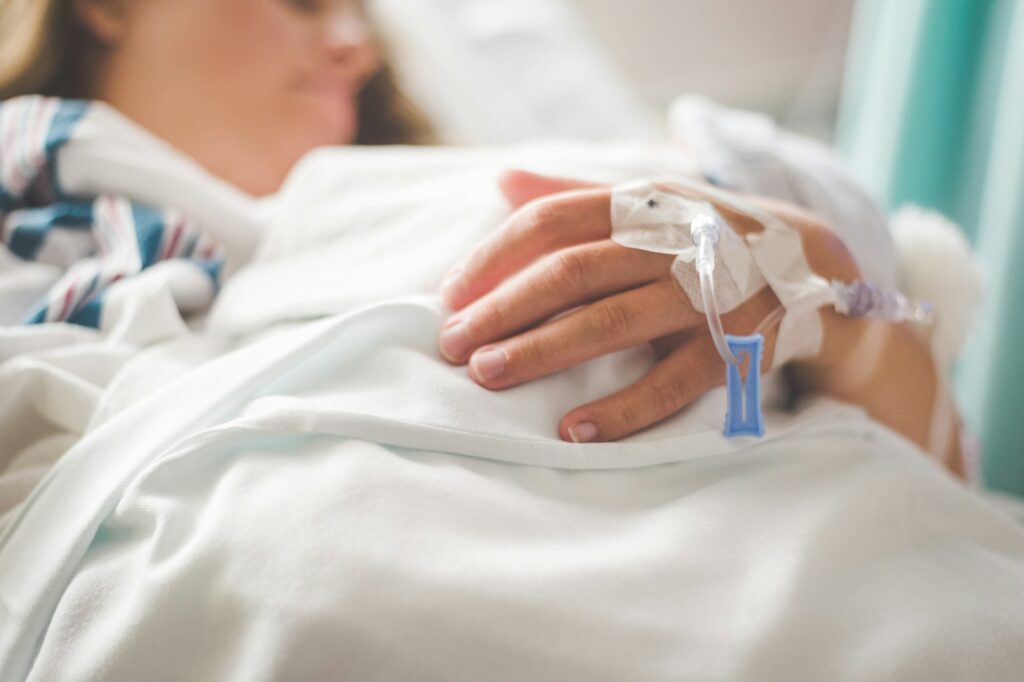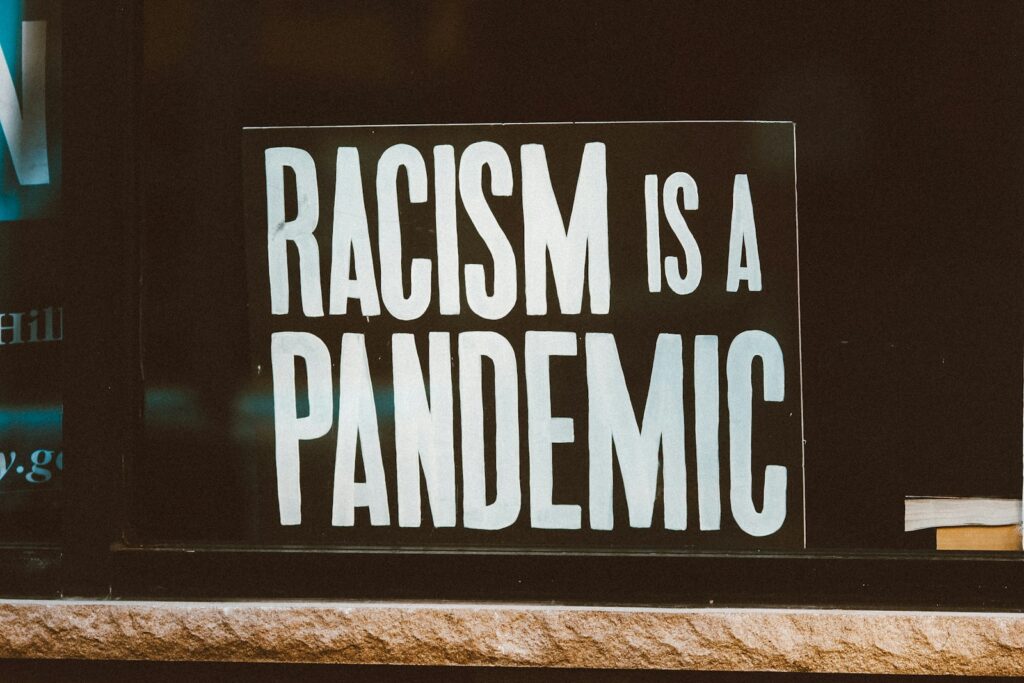The health secretary claimed menstrual problems, menopause, maternity care and birth trauma support all require urgent attention.
Earlier this week, Victoria Atkins, the health, and social care secretary, attended the Women’s Health Summit in London where she announced various issues that require vital attention. These include maternity care, period problems, the menopause, extra support for mothers who suffer birth trauma and support for domestic abuse and sexual assault victims.
The speech marked the second year of the landmark Women’s Health Strategy, which proved successful within its first 12 months. In this period, the strategy helped reduce the cost of HRT for almost half a million women, and the rollout of specialist women’s health hubs in every local health area.
‘We’re breaking historical barriers that prevent women getting the care they need, building greater understanding of women’s healthcare issues and ensuring their voices and choices are listened to,’ Ms Atkins said. ‘We’ve made huge progress – enabling almost half a million women access to cheaper HRT, supporting women through the agony of pregnancy loss and opening new women’s health hubs – but I absolutely recognise there is more to do.’
Ms Atkins added: ‘We’re ensuring these changes benefit all women, regardless of socioeconomic background or ethnicity, because our Women’s Health Strategy is only a success if it works for all women.’
The 2024 priorities were developed from responses to the government’s call for evidence from over 100,000 healthcare professionals, women’s health champions, members of the public and other stakeholders across the health sector.
Commenting on the announcement, minister for women’s health, Maria Caulfield said: ‘Helping women and girls who suffer from bad periods can make a huge difference to their lives, education, and careers. And any woman who has experienced trauma after giving birth – either mentally or physically – will know the impact it can have on all aspects of her life.
‘These are issues that impact women, but they should not be seen as ‘women’s problems’ – it is an everyone problem. We are doing more to put these issues on the agenda and keep them there, to close the gender health gap once and for all.
‘We’ve made enormous strides in the first year of the strategy and I’m excited to see what 2024 will bring.’
Image: Susan G. Komen 3-Day
Call for evidence on Women’s Health Strategy draws 100,000 responses

















Leave a Reply